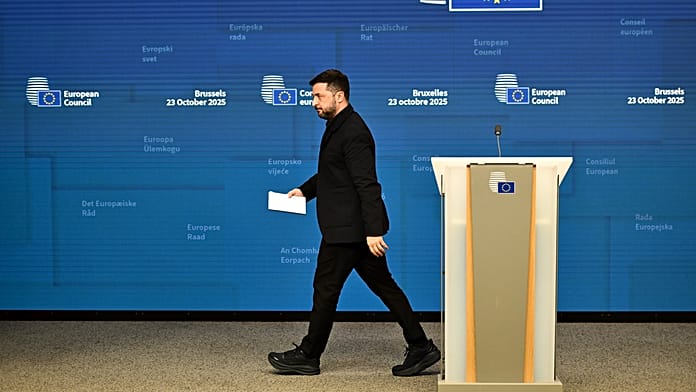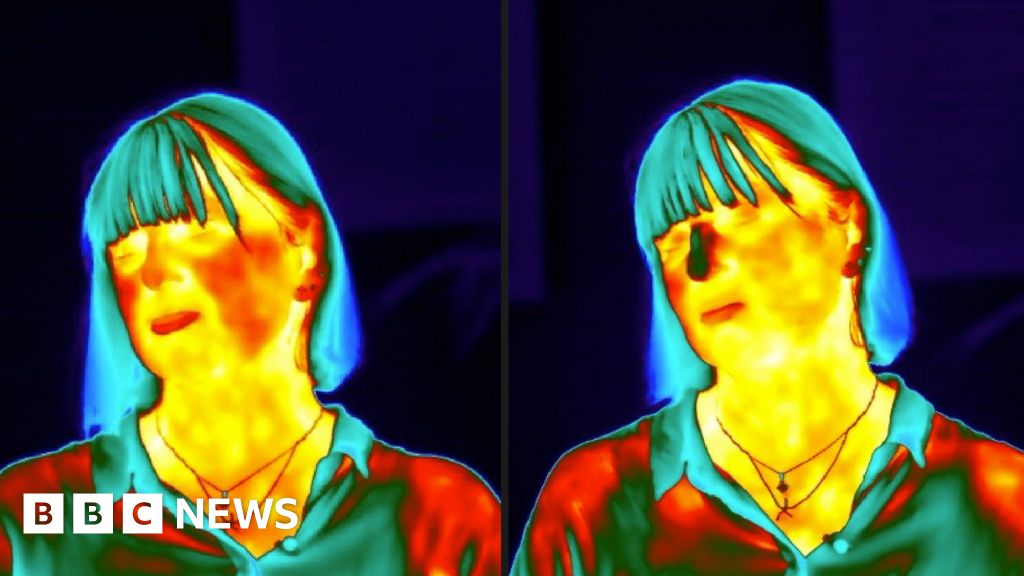Pension savers could beat ‘ultimate stealth tax’ as Britons face ‘highest overall tax burden in a generation’
UK taxpayers may be able to cut their tax bill while boosting their pension pot.The warning comes as millions of earners are set to pay hundreds more in income tax as wages rise with inflation but the income tax thresholds remain frozen until 2028.Myron Jobson, senior personal finance analyst at interactive investor, said: “We’re facing the highest overall tax burden in a generation thanks to the deep freeze of tax thresholds and allowances which, in tandem with wage inflation, means we’ll be more in tax in the years to come."Known as ‘fiscal drag’, this is the ultimate stealth tax which feels particularly tough at a time when inflation remains high."Fiscal drag hits us all – even if we don’t change tax band. That’s because as our pay rises with inflation, more and more of our pay packet is taxed and our overall tax burden increases."There may be a way to reduce the impact of fiscal drag, although it means that that portion of money can't be accessed for many years.For those who can afford to do so, increasing pension contributions could help people beat fiscal drag in the long term.Mr Jobson said: “The freezing of income tax threshold and other personal allowances has bolstered the allure of paying into a workplace pension through salary sacrifice. "This arrangement allows employers to reduce employees’ salary and pay the equivalent amount as pension contributions. "Basic-rate taxpayers get 20 per cent pension tax relief, turning a £80 contribution to £100. "If you are a higher-rate taxpayer, you could reclaim an additional 20 per cent tax on your pension contributions, for a total of 40 per cent tax relief.“Think of a pension as deferred income and this seems like a good way to reduce your overall National Insurance bill without reducing your income, if you are happy to take it after age 55 instead.”LATEST DEVELOPMENTS:National Insurance to be cut next week but UK workers still to be 'worse-off or unaffected'HMRC reminds workers how to claim £125 tax refund – are you eligible?Pension warning as Britons set to have ‘less money in retirement’ thanks to growing trendPrior to the National Insurance rate cut being announced, interactive investor figures showed high earners with a £50,000 salary in 2022 are due to pay £1,967 extra tax by 2027 due to frozen tax thresholds, compared to if they had increased with inflation, while middle earners earning £30,000 and low earners on £20,000 face paying £889 extra tax.Alice Guy, Head of Pensions and Savings at interactive investor, said: “If you can afford to, then one the best ways to minimize your tax bill is to pay more into your pension. "Pension payments receive tax relief, meaning you can claw back any income tax paid on your contributions as the taxman will pay tax relief straight into your pension. "This means it only costs £80 to pay £100 into your pension and £60 to pay in £100 for higher rate taxpayers.“Some employers also offer salary sacrifice which means you can pay your salary directly into your pension, with no tax at all being charged. "This is a great option, as you’ll save on National Insurance as well as income tax.”


UK taxpayers may be able to cut their tax bill while boosting their pension pot.
The warning comes as millions of earners are set to pay hundreds more in income tax as wages rise with inflation but the income tax thresholds remain frozen until 2028.
Myron Jobson, senior personal finance analyst at interactive investor, said: “We’re facing the highest overall tax burden in a generation thanks to the deep freeze of tax thresholds and allowances which, in tandem with wage inflation, means we’ll be more in tax in the years to come.
"Known as ‘fiscal drag’, this is the ultimate stealth tax which feels particularly tough at a time when inflation remains high.

"Fiscal drag hits us all – even if we don’t change tax band. That’s because as our pay rises with inflation, more and more of our pay packet is taxed and our overall tax burden increases."
There may be a way to reduce the impact of fiscal drag, although it means that that portion of money can't be accessed for many years.
For those who can afford to do so, increasing pension contributions could help people beat fiscal drag in the long term.
Mr Jobson said: “The freezing of income tax threshold and other personal allowances has bolstered the allure of paying into a workplace pension through salary sacrifice.
"This arrangement allows employers to reduce employees’ salary and pay the equivalent amount as pension contributions.
"Basic-rate taxpayers get 20 per cent pension tax relief, turning a £80 contribution to £100.
"If you are a higher-rate taxpayer, you could reclaim an additional 20 per cent tax on your pension contributions, for a total of 40 per cent tax relief.
“Think of a pension as deferred income and this seems like a good way to reduce your overall National Insurance bill without reducing your income, if you are happy to take it after age 55 instead.”
LATEST DEVELOPMENTS:
- National Insurance to be cut next week but UK workers still to be 'worse-off or unaffected'
- HMRC reminds workers how to claim £125 tax refund – are you eligible?
- Pension warning as Britons set to have ‘less money in retirement’ thanks to growing trend
Alice Guy, Head of Pensions and Savings at interactive investor, said: “If you can afford to, then one the best ways to minimize your tax bill is to pay more into your pension.
"Pension payments receive tax relief, meaning you can claw back any income tax paid on your contributions as the taxman will pay tax relief straight into your pension.
"This means it only costs £80 to pay £100 into your pension and £60 to pay in £100 for higher rate taxpayers.
“Some employers also offer salary sacrifice which means you can pay your salary directly into your pension, with no tax at all being charged.
"This is a great option, as you’ll save on National Insurance as well as income tax.”







































